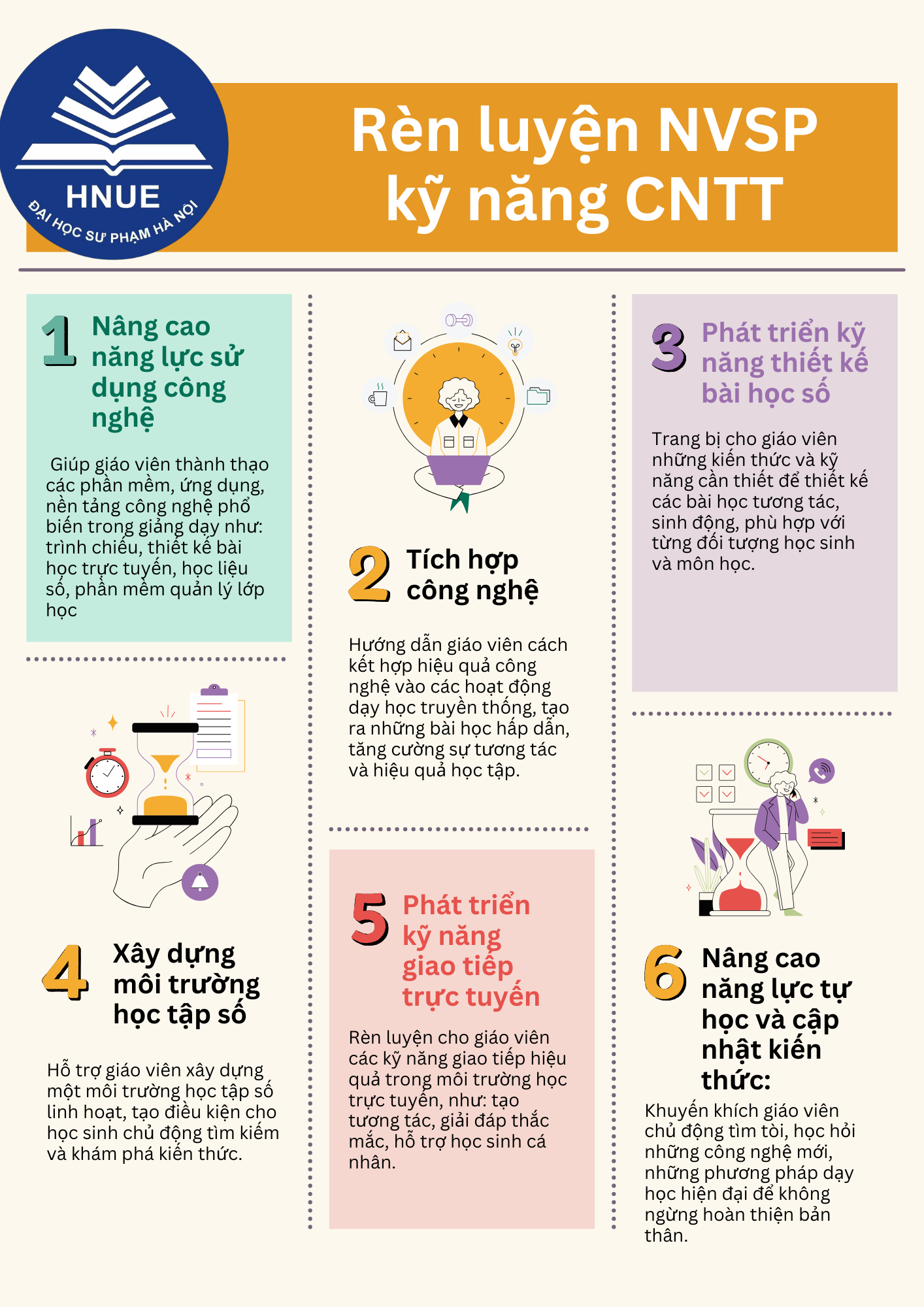
Học các tác gia tiêu biểu của văn học Việt Nam hiện đại là rất quan trọng vì một số lý do sau:
1. **Hiểu biết văn hóa và lịch sử**: Các tác phẩm của họ phản ánh tâm tư, nguyện vọng và hoàn cảnh xã hội của dân tộc trong từng thời kỳ lịch sử. Điều này giúp người đọc nắm bắt được những biến chuyển văn hóa và xã hội của Việt Nam.
2. **Phát triển tư duy phản biện**: Văn học hiện đại thường khai thác những vấn đề phức tạp trong xã hội, từ chính trị đến con người, giúp người đọc phát triển khả năng tư duy phản biện và nhìn nhận sự việc đa chiều.
3. **Truyền cảm hứng**: Nhiều tác phẩm mang lại cảm hứng sống, khơi gợi tình yêu quê hương đất nước, cũng như tình yêu con người và giá trị sống.
4. **Nâng cao kỹ năng ngôn ngữ**: Đọc và phân tích văn học giúp cải thiện kỹ năng ngôn ngữ, từ vựng và cách diễn đạt, giúp người học có khả năng giao tiếp tốt hơn.
5. **Khám phá tâm hồn con người**: Văn học thường đi sâu vào nội tâm con người, khám phá những cảm xúc, mối quan hệ và những khía cạnh sâu sắc của cuộc sống, từ đó giúp người đọc hiểu bản thân và người khác hơn.
Tóm lại, việc học các tác gia tiêu biểu không chỉ giúp nâng cao tri thức mà còn làm phong phú thêm trải nghiệm sống của mỗi người.
- Teacher: Hà Linh
